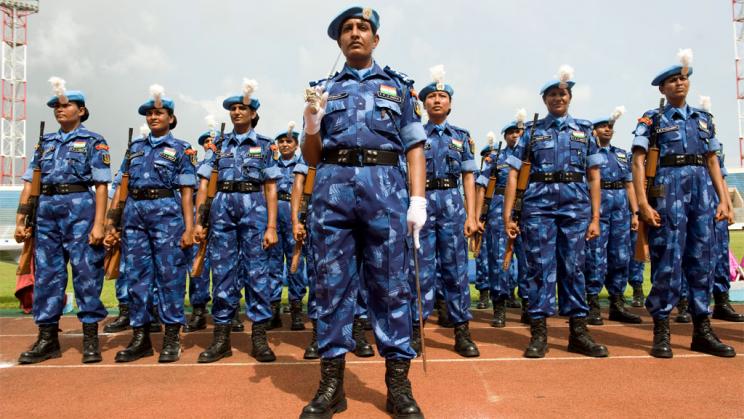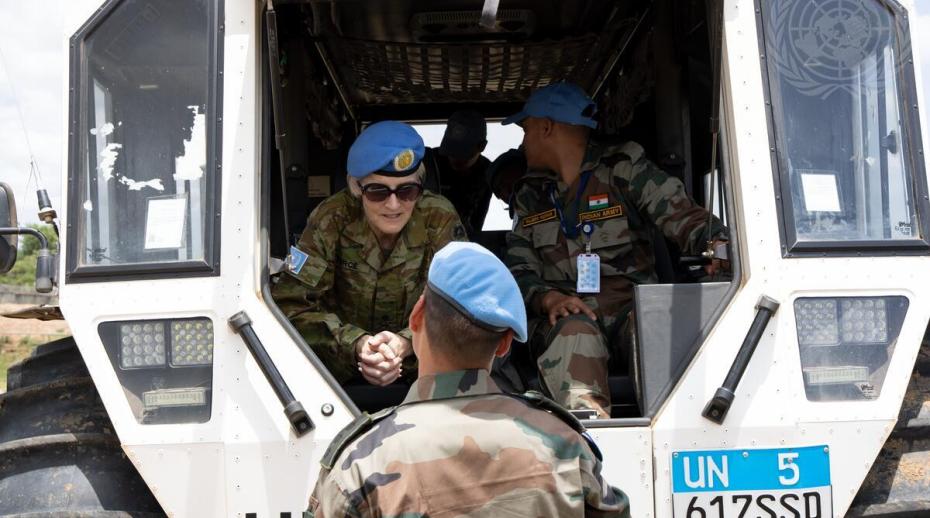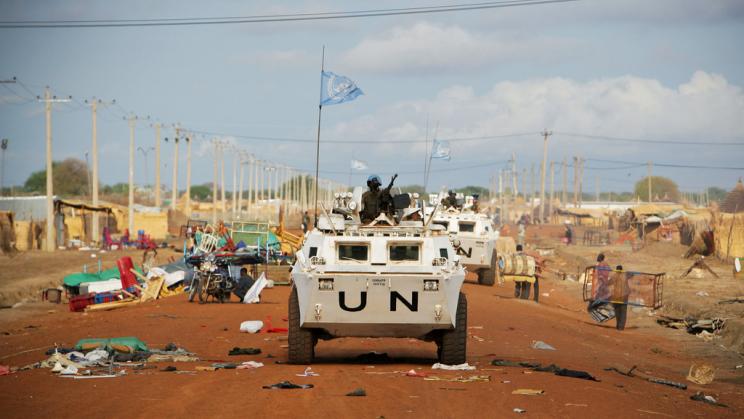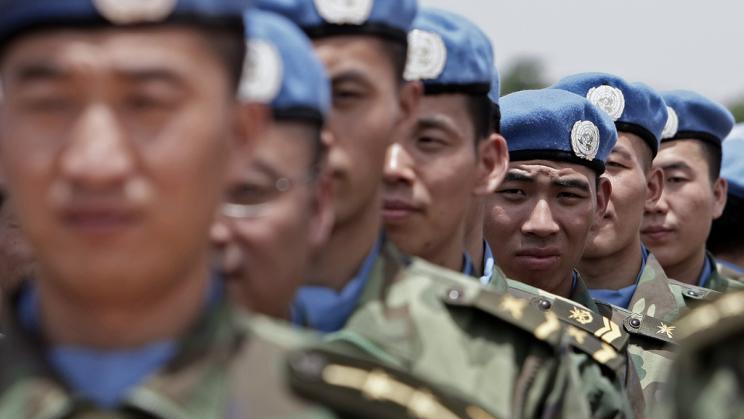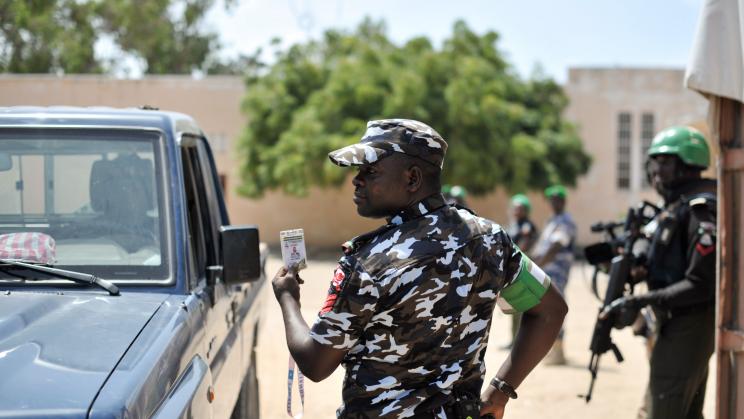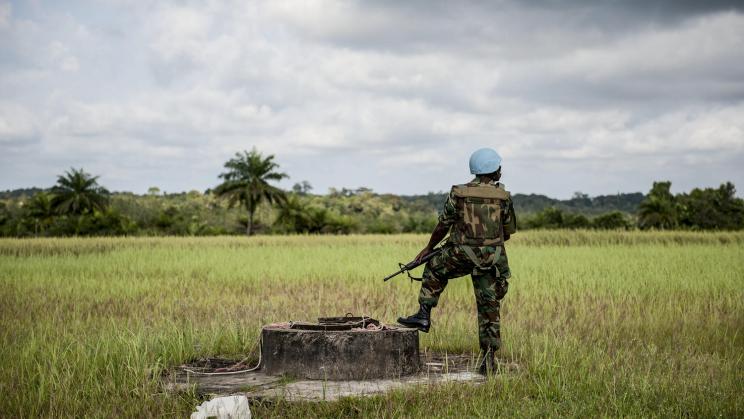Peace operations and conflict management
Peace operations and conflict management have been core elements of SIPRI’s work since the end of the cold war. Currently, SIPRI's work within the Peace Operations and Conflict Management Programme consists of six main pillars: (a) peace operations data and trends; (b) the future of peace operations, including the New Geopolitics of Conflict Management Initiative; (c) gender and peace operations and conflict management; (d) police and security sector reform in peace operations; (e) civilian aspects in peace operations; and (f) human rights and peace operations. In addition, based on its many years of experience, SIPRI has taken on many evaluation and 'lessons learned' studies regarding topical peace operations issues.
RESEARCH INITIATIVES
SIPRI collects statistics on all ongoing multilateral peace operations in order to identify and analyse important developments and trends in this area.
The initiative aims to enhance understanding about UN and non-UN peace operations and their role in dealing with non-traditional security challenges.
This initiative looks at how emerging powers will shape the future of peace operations.
SIPRI conducts applied research on various dimensions and dynamics of police in peace operations.
